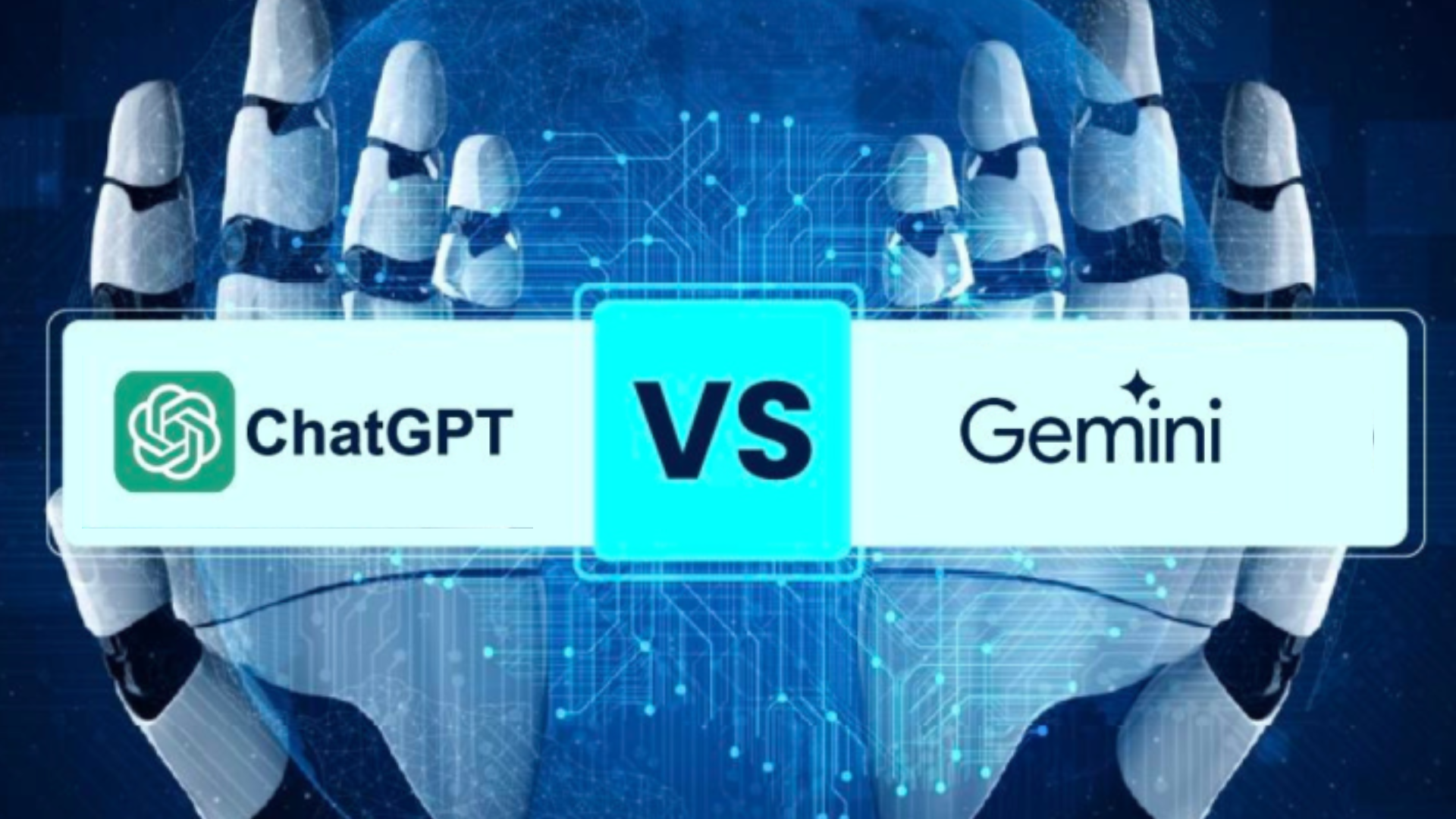With over 1,300 startups graduated from its network, here are accelerator platform Techstars’ four initiatives for India
Amoolya Rajappa
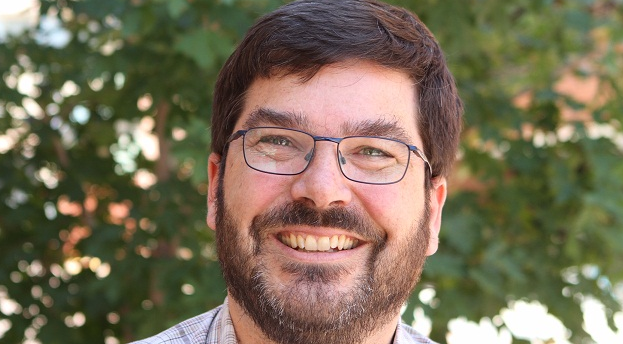
Friday March 16, 2018 , 17 min Read
International accelerator platform Techstars has big plans for India: city accelerators, Startup Weekend, corporate engagements, and global R&D talent for startups.
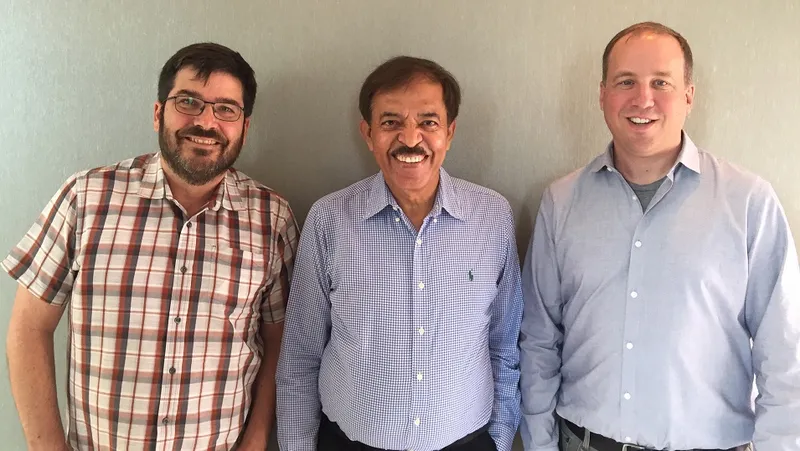
[This article is part of the YourStory series Startup Hatch, about incubators, accelerators and makerspaces in the startup ecosystem. See earlier profiles of initiatives at IIT Bombay, IIM Bangalore, BITS Pilani, NCL, Tata Elxsi,Axilor, NID, IIIT-Bangalore, IIIT-Hyderabad, Vellore Institute of Technology, PSG Coimbatore, Workbench Projects, Makers Asylum, Appy Hours, Turning Ideas, NetApp Excellerator, Pitney Bowes Accelerator, Ashoka Innovators, and Startup Leadership Programme.]
David Brown founded the accelerator network Techstars in 2006, along with David Cohen, Brad Feld and Jared Polis. Brad Feld is the author of Startup Communities and co-author of Startup Boards. The Techstars venture fund was launched in 2009, and Startup Weekend was launched in 2007 (see YourStory’s book review).
Over 1,300 startups have graduated from Techstars across a range of cities: Boulder, Boston, Seattle, Chicago, Austin, Cape Town and London (see full list of startups, corporate partners and funding deals here).
This month, Techstars announced its joint venture with ANSR to create Techstars India. ANSR, headed by Lalit Ahuja, is a pioneer in helping international firms set up their Global In-House Centers (GICs) in India (see the YourStory article, ‘From Invention to Reinvention’). Bala Girisaballa, previously managing director at Microsoft Accelerator India, will now head Techstars India’s operations.
David, Bala and Lalit join us in this three-way chat on the global Techstars model of entrepreneurship, city accelerators, corporate partnerships, the India R&D centre to support Techstars’ startups around the world, and opportunities for startups in India.
YourStory: What are your plans for the India market?
David: It’s very important to set the strategy right for India, so, we have come up with three pillars for this. The first pillar is a full-blown Bengaluru accelerator, similar to the other accelerators that we run all over the world. We are committed to that, and have funding for the same. We are going to run applications for that accelerator next month and we’ll run the programme later this year.
The second is corporate engagements. The third pillar would be a talent initiative where we will help source great India-based talent for our portfolio companies all around the world. There are 1,300 startups we have invested in, that are growing - and they want to hire great engineers.
May be they live in a part of the world like I do where it is really hard to hire great affordable engineers. We will need a leader for that function as well to be able to hire all the talent to manage that process.
Bala: I think those three pillars might require different sets of experiences:
- The first one requires someone strong on the entrepreneur side, who has probably gone through the journey once or twice in the past, and also has investment connects and mentor connects in the ecosystem. That’s the type of person we would look for to run the city accelerator program.
- The second pillar is corporate engagements. That would require someone who has connections in the corporate world, understands how large organisations work, and may have experience in working with large organisations.
- The third is someone who has run R&D centres, and can manage projects and engagements of a technical nature with the portfolio companies.
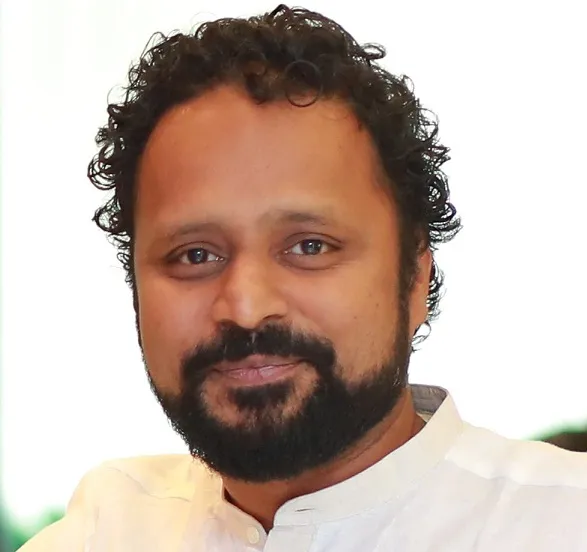
YS: What would you say are the top three opportunities for Indian entrepreneurs?
Bala: Ten years ago, the ecosystem was very nascent, and so the first stage in the ecosystem’s role was support for entrepreneurs in terms of knowing how to even get off the ground, create the product, and connect to customers. The fact that we are in the top ten ecosystems of the world today is a testament that we have come a long way. I don’t think volumes are any more an issue here, more value is the issue.
Where we really need help is in deep domain expertise and connects to the global market. Fifty percent of the new startups today are B2B startups and they are looking at global markets and not just India. They need to connect to investors, grow, and scale. Those are the parts where the entrepreneurs are better served today.
These are the strengths that Techstars bring to the table: it has been doing it for around 12 years and has 40 accelerators. There are 400 corporates who work with Techstars very deeply in mentoring the startups. Techstars runs business development days across the world where we connect startups to companies. It also has investor days and mentor days, and all of that brings in tremendous value at global scale to India. Path to market, path to investors, and path to exit are the three things that startups can expect from us.
Lalit: I think it’s also a very good time to be an entrepreneur. You have problems to solve, capital, and institutions like Techstars to help you to be successful and tackle headwinds. The perceptions about being an entrepreneur are very positive.
YS: What are the key challenges faced by startups in India, and how can you help bridge the gap?
David: One of the key challenges that startups face everywhere - and that is as true in India as anywhere else – is that it’s a big world and there are different cultures around the world. The different approaches make it very difficult for anybody from any culture to know exactly how to do business in Europe, the US or Asia. Part of the value that Techstars brings is that connective tissue - because we have programs in Asia, Europe, North America, and now India. We can provide assistance to Indian entrepreneurs to connect to those geographies, learn about the culture, meet local investors, or figure out how to set up and do business there.
Bala: One of the biggest blocks in India is access to markets. There is enough activity on the ground but there are not enough exits, there is not enough momentum to scale to the next stage. But now governments are very progressive in nature, as in Telangana or Karnataka.
YS: What has been your experience in India so far?
David: I spent a lot of time when I was here in August. We met dozens of Indian startups and entrepreneurs and I would say that the general theme was very deep technical capabilities in terms of the individuals that we met and the companies that they were building. Very clear, competitive advantage through implementing deep technology – that was the general theme.
The down side, the flipside of that, was less understanding of how that turns into a business and I would say that what I see elsewhere is more of the reverse – less technical ability, more business ability. But if you have that deep tech and competitive differentiators, you can just apply a business layer on top of it, and fine-tune the product to find the right market. You are going to be much more successful than the other way around, where you have something that really doesn’t have a mould around it and may be a good idea -but then anybody else can replicate it.
YS: How do you see Startup Weekend programmes democratising entrepreneurship opportunities across smaller towns in India?
Bala: Our community-driven engagement programs scale well and will definitely help in the Tier 2 and Tier3 cities.
David: I think we ran about 80 Startup Weekends in India, and entrepreneurs are born everywhere, not only in big cities or only in Silicon Valley. Figuring out how to tap into great ideas and great entrepreneurs in raw remote areas is a big part of what a Startup Weekend can help accomplish. This programme will grow now that we have a stronger India presence.
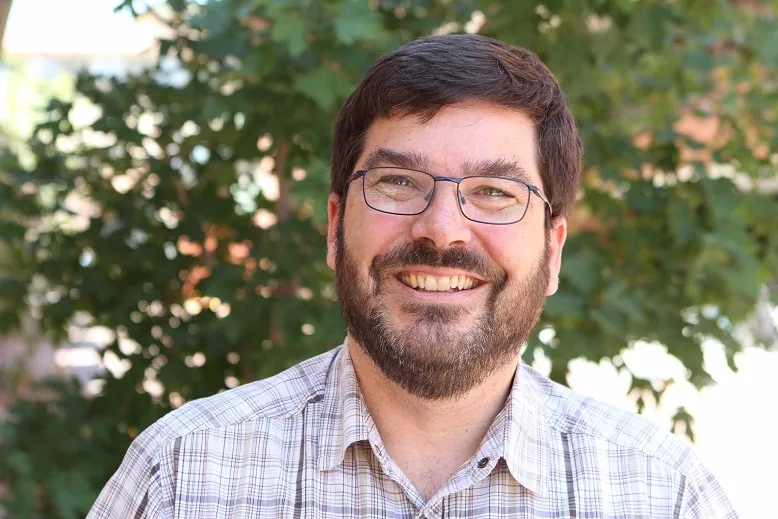
YS: Which of your approaches for India have been implemented elsewhere, and which are unique?
David: For the first pillar, the city program, we are going to replicate as much as possible what we have done successfully elsewhere. It should probably work the same in Bengaluru if we have to make some changes, but it will likely be small changes. For the second pillar, we want to be more flexible - we will draw on our experiences from elsewhere but also figure out what is specific for the Indian market.
For the talent initiative, it’s all new and we are inventing something new here. We are excited about it. I don’t think we will be drawing any experiences that we have anywhere else - because it’s the first time we are doing it.
YS: What are the selection criteria for startups in your accelerator?
David: The six criteria we talk about are the team, team, team, market, progress, and idea. The founders are so important to the success of the company that it’s enough to take the first three spots. Really great people with mediocre ideas will change their idea but mediocre people with a great idea can change people. So at this juncture, at the early seed stage, it’s more about investing in people than it is around the specific product. So that’s team, team, and team. Market is how big it could be.
Progress is the ability to execute. It’s the difference between entrepreneurs and wantrepreneurs. We look for measurement of progress – MVP, website and early users, for example. And then the idea of course is important. But it’s sort of deliberately the last point, that’s not what we focus on in the selection process.
YS: What support and services do startups receive in your accelerator?
David: In the three-month program, the first 50 percent of value is in the mentorship: you get lots of different ideas, even conflicting ideas, you have to digest those conflicting ideas – we call it mentor whiplash. That process of taking conflicting ideas from different mentors and figuring out what’s right for your business is the digestion process that rapidly accelerates your business.
The other 50 percent value that did not exist when we started is the value of the network. It’s the 5,000 mentors around the world, it’s the 2,000 investors around the world, it’s the 1,300 other companies that have been through Techstars that are based in almost every country in the world. They provide value in terms of helping you expand into the geography, or have a couch to sleep on, or learn about what it takes to do business in that country, or meet investors, and so on.
YS: What percentage of equity and fees do you charge your startups?
David: Our traditional model is that we make investments during the program in which we take six percent equity in the company in exchange for the value of the program, and some cash. That’s the general arrangement for all of our programs all over the world.
YS: What kinds of Intellectual Property are being created by your startups?
David: There is almost always technology, internet, hardware or software in the companies. We are not talking pharmaceutical companies but other than that it’s a very broad range. We run certain programs with partners in a particular vertical. So we run a Fintech program with Barclay’s, we run a voice enabled application program with Amazon Alexa. Those are specific verticals but in our Bengaluru program, and in all our other city programs, we won’t restrict to a particular vertical.
YS: Are you excited about expanding those verticals for the Indian scenario?
Bala: I don’t think the city accelerator model changes here. Think of the city accelerator as a horizontal; the vertical focus comes through a partner, eg. retail company for a retail accelerator. We will partner with a financial services company to do a fintech-style accelerator. We will partner with a manufacturing company to do a manufacturing kind of accelerator.
For example, at Norway’s oil and gas company Statoil there is an energy accelerator. When you land in a domain, it’s a much smarter move to have somebody who deeply understands the domain - they bring in mentorship and paths to market with validation. For example, Statoil not only commits 50 of their executives as mentors to be active in their energy accelerator, but they also provide rich datasets for the startups to build their models and products, and validate that particular model. This is unbelievably valuable for a startup.
YS: How would you differentiate your accelerator from the other accelerators in the field?
David: The way I would answer that is we like to live with our results. Eighty percent of the companies that have been through our accelerator are still in business, 10 percent have been acquired or have gone public, and only 10 percent have failed. We think they are great odds for any startup. It’s really easy to have an accelerator, it’s really hard to have a very good accelerator. It’s a thousand different details to make it right.
Bala: Techstars has been running accelerators for the past 12 years, it is a long period to prove yourself. It has been running across 30-40 countries and locations. The Bengaluru accelerator is going to be the forty-first. Techstars is an accelerator platform, not just an accelerator. It has diversity both in terms of vertical focus as well as horizontals across different geographies.
There are 5,000 committed mentors as part of this network. So you pick any sector or geography, and Techstars will be able to pair you up with a mentor. It also has a very strong network of alumni portfolio companies, you pick any geography and you have a local guide, they are part of the family, the Techstars network. Techstars can connect you to about 400 corporates across the world, so you can connect with customers through business development days in Europe and the US where startups can go and pitch to their potential customers.
Techstars also has fantastic investor relationships. At whatever stage you are, Techstars can open up doors in terms of investment. You can go from incubation at Startup Weekend all the way to an IPO stage. For example, SendGrid recently had an IPO.
YS: What would you define as success for your accelerator?
David: One of the great things about Techstars is our stand point: we take common stock, which means that we have the exact same incentive as the founders. We don’t have a liquidation preference on the investment, and we won’t get our money back unless the founders get money. If they are successful, we share in a small part of their success and we are very happy to do that.
Success for many startups is staying alive and continuing to live to fight another day. There are so many great companies that took five or ten years to become an ‘overnight’ success. It’s fun to work with the companies and see that happen to them. Success in a startup is you chasing your dream, working hard even if it’s miserable along the way, but hopefully at the end of it being able to change the world.
YS: What are your plans for the coming three to five years with respect to new startups?
David: I think there is a tremendous business opportunity for Techstars in India. We wonder which of the three pillars could grow faster, and maybe there is a pillar four or five that we haven’t even thought of yet. I think the talent pillar is the most interesting one because it’s new and can help with innovation programs for the startups, like a GIC.
Bala: The Techstars R&D centre will hire engineering, quality and design talent in Bengaluru, and will be like flex teams for our own portfolio companies. Almost 50 percent of the 1,300 companies are at a stage where they are growing their engineering teams and are struggling to find the right talent in different markets. India will be a great source of talent through Techstars for our own portfolio companies.
Lalit: I think we are playing to a very interesting thesis over here. By creating this capacity and playing for them, we are increasing the odds for the Techstars startups all over the world to be successful. We are providing them with the right talent at the right price in almost nuclear time.
YS: How can better partnerships be forged between accelerators, industry and universities?
David: The book Startup Communities by one of our co-founders at Techstars explains how ecosystem building starts with entrepreneurs leaving some activity but then bringing in government service providers, corporations and others to support the startup ecosystem. It becomes a flywheel, a virtuous cycle, as everybody helps each other and it makes the system grow. Government can certainly be helpful in streamlining regulations, making it easier for startups to get funded and incorporated.
YS: What are your recommendations for Indian policymakers to make business easier for accelerators, investors, researchers and startups in India?
Bala: I think there is momentum and the heart is in the right place. The government is very committed to simplify the entire regulatory frame work; Startup India is an example. A lot of work still has to be done in terms of streamlining compliance and approval processes.
Starting is hard, shutting down is also hard – many startups are just living dead, and a lot of entrepreneurial energy is stuck there. An entrepreneur’s probability of succeeding a second or third time is much higher than the first time, but they are not able to really close and move on to the next part. If they had a clean slate, they would be much better served; so from a regulatory perspective it’s very hard.
The investment regulatory climate is also quite hard right now. We are taking incremental steps, not leaps and bounds. Many startups are incorporating in Singapore or Delaware, it’s much easier.
We also need consistency in our regulatory framework. We say one thing and then we backtrack and suddenly there is a third development. Look at the angel tax, for example.
YS: What are your recommendations or words of inspiration to the startups and entrepreneurs in our audience?
David: Pursue your passion. The most successful entrepreneurs are passionate about what they do, and experienced a problem that they want to solve.
Bala: I would work on: ‘Inch wide, mile deep. For the rest, Techstars is there’.
Lalit: It’s very important to be passionate and to be able to give it your all. It’s not about giving your best, but giving your all.
YS: What keeps you motivated to innovate and improvise strategies that can help budding startups across the globe?
David: I get to travel the world, I have the best job in the world because I meet entrepreneurs everywhere - whether it’s in Startup Weekend or ringing the bell on the stock exchange for SendGrid at the IPO. Everybody in the startup world are kindred spirits. And in every city and every country of the world I find people like that, and I find it incredibly motivating to just be around people that have great passion for what they do and are super smart and are trying to change the world.
Bala: It’s very energetic and exciting to create something new and anchored on a passion that’s deep. And when you see people who are such heroes, that motivates you and inspires you.
Lalit: It’s very exhilarating to see the change that you can bring to transform, to impact, to give, to contribute. That gives a deep sense of satisfaction. The good thing about entrepreneurship is that it gives an opportunity to give back to the community in so many different ways - whether it’s through your product or innovation, or creating jobs or bringing investment.







